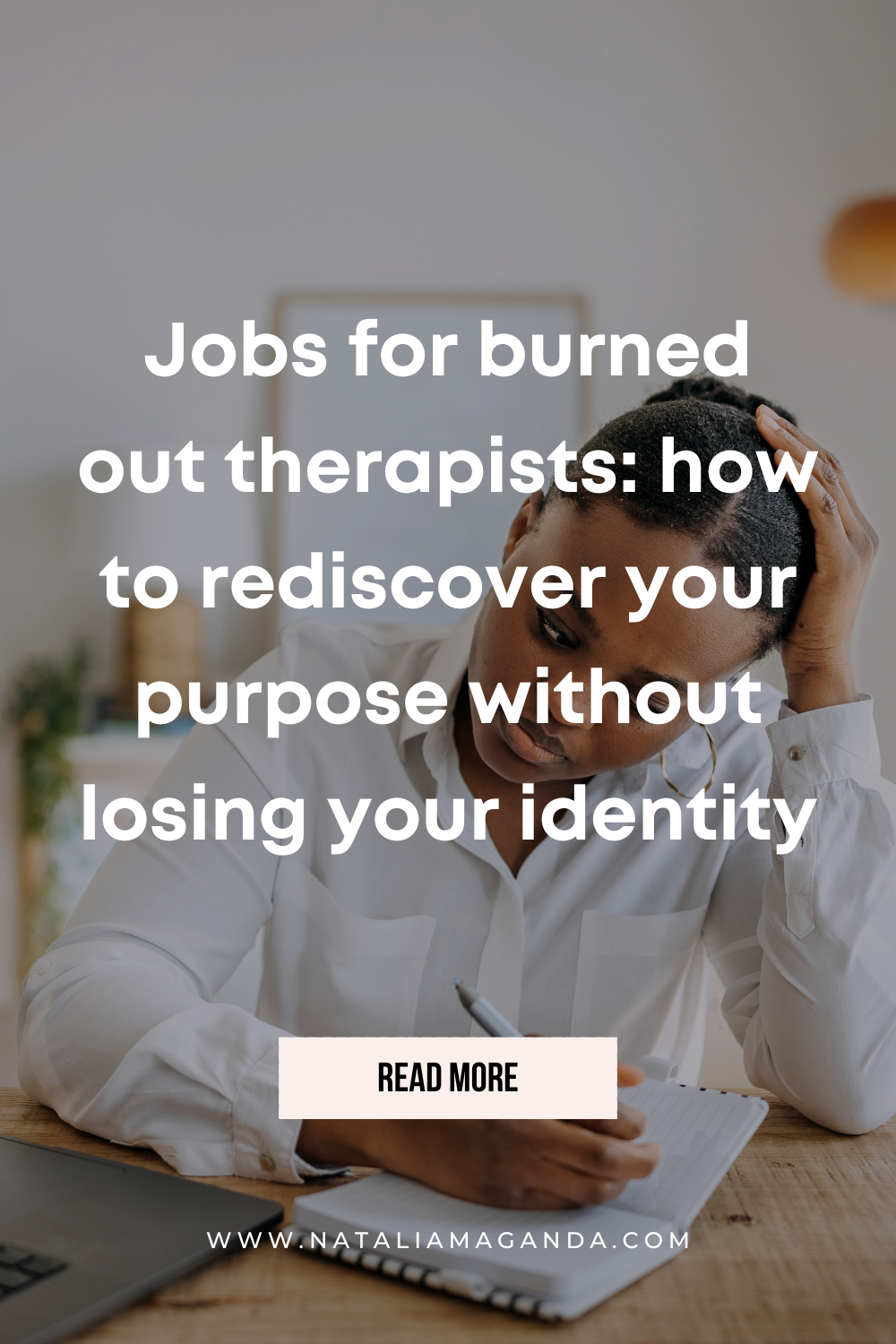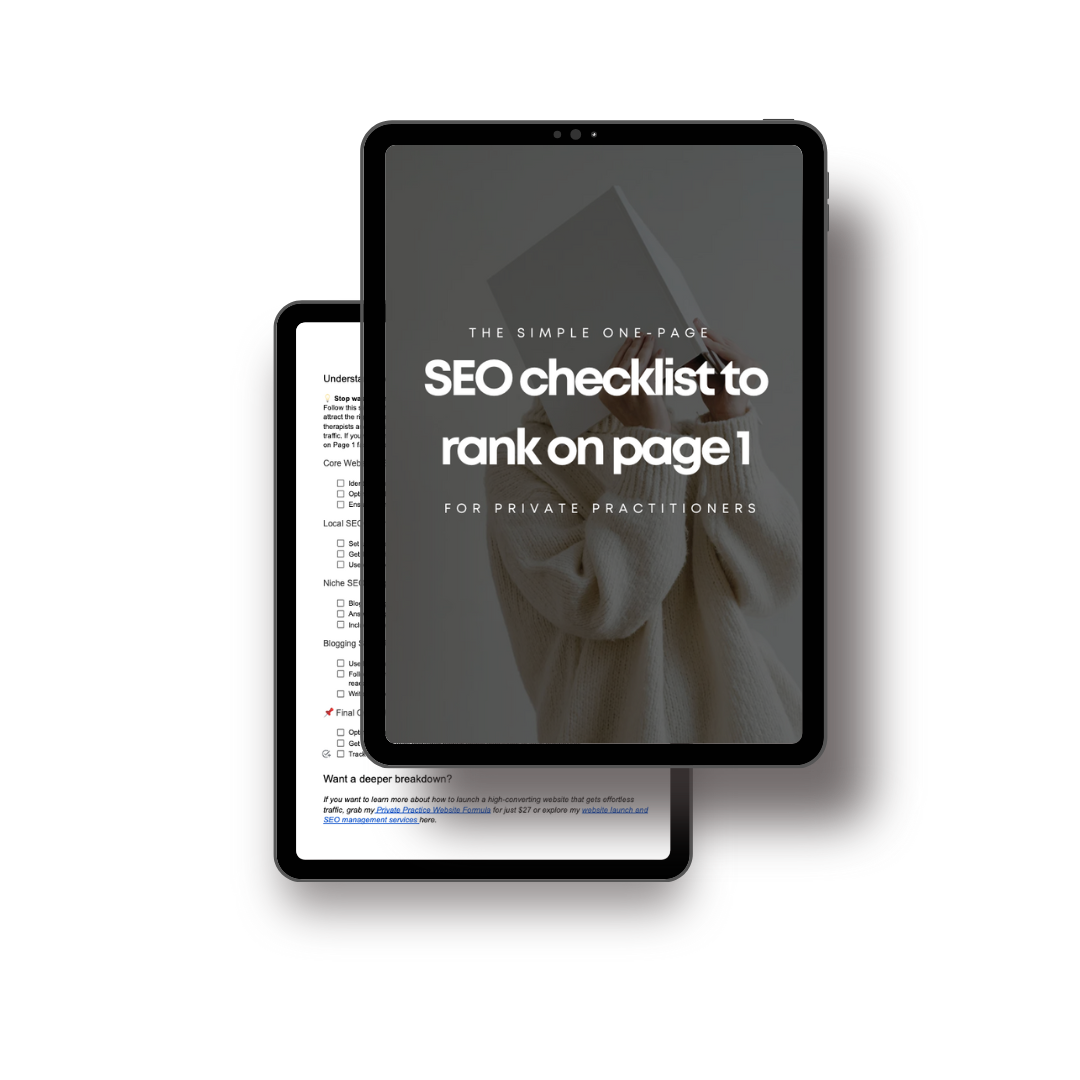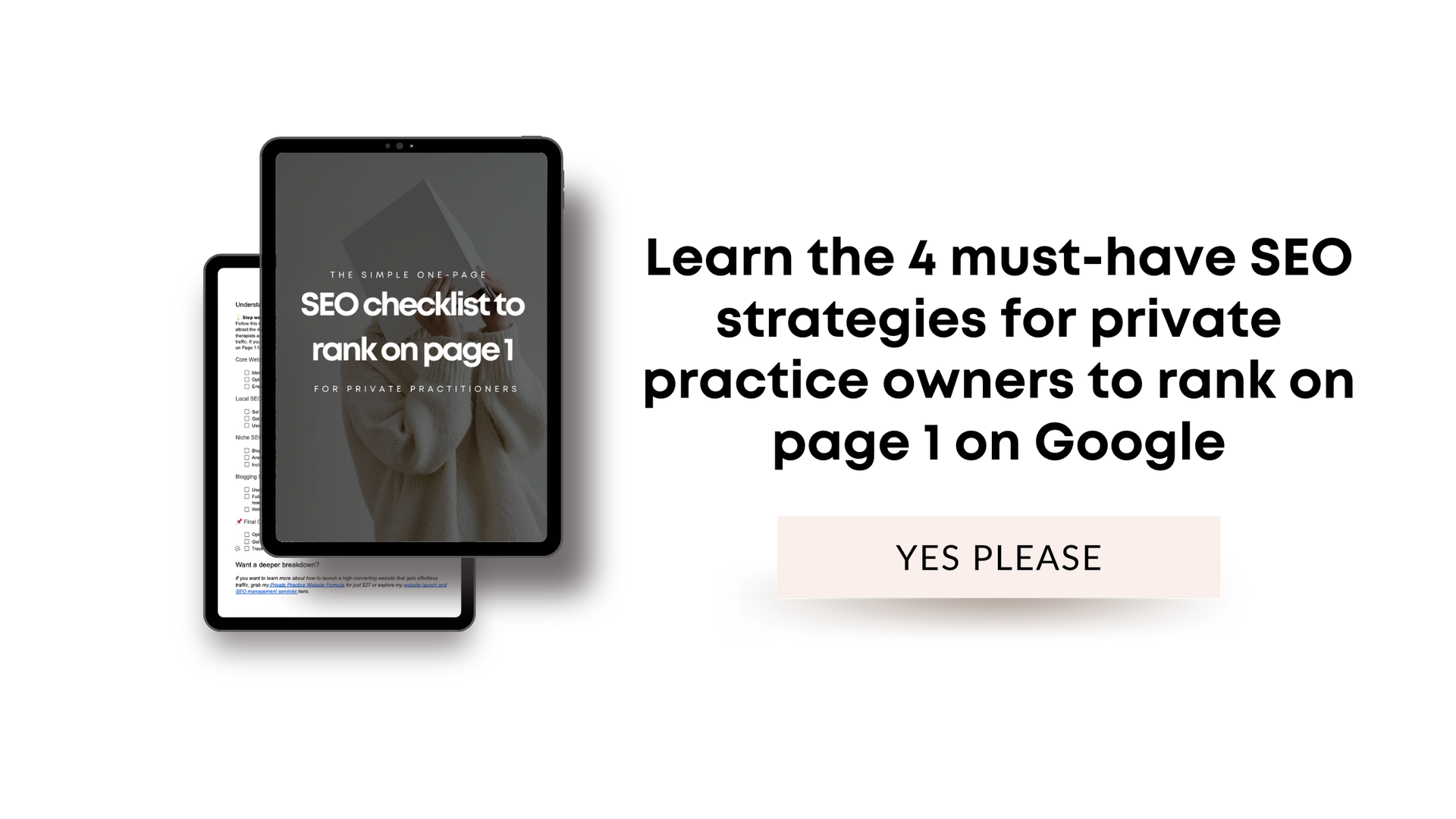Jobs for burned out therapists: how to rediscover your purpose without losing your identity
When the healing hurts: a letter to the burned out therapist
Maybe it hit you after your third client cried in session and you realized you didn’t have the energy to hold their pain anymore. Maybe it crept in slowly—resentment toward your schedule, dread at opening your laptop, a gnawing exhaustion that rest just doesn’t seem to fix. Or maybe it arrived like a wave: you sat down for a session and just… didn’t want to be there. The familiar passion that once grounded you started to fade, replaced by a cloud of emotional fog.
Therapist burnout isn’t just tiredness. It’s a sacred signal. A whisper (or scream) from your body and soul that something has to change. It’s a deep-rooted exhaustion that doesn’t resolve with a weekend off or a single vacation. And if you’re here reading this, you’ve already started listening. That’s the beginning of something powerful.
Let’s talk about what comes next—because there is something next.
In case you’re new here, I’m Natalia, a website designer for therapists and practitioners. I help private practice owners like you amplify their magic, gain visibility, and simplify their marketing efforts through strategic web design and SEO content. And in this space, we don’t shame burnout—we build something beautiful from it. Because I’ve seen it firsthand: the magic that happens when therapists choose to rewrite their stories.
Why so many therapists are burned out
What is the burnout rate for therapists?
According to the American Psychological Association, between 21% and 61% of mental health providers experience symptoms of burnout. Emotional exhaustion, compassion fatigue, and vicarious trauma accumulate over time, especially for those holding space for deep emotional work daily.
The number climbs among private practice clinicians who juggle both emotional and entrepreneurial labor. You’re not only supporting clients—you’re managing marketing, billing, legal compliance, admin, and scheduling. That level of responsibility is unsustainable without systems and support.
Even more alarming, studies show that burnout is one of the leading reasons therapists either leave the field or consider a career change. That means you're far from alone in this feeling—you're in the company of hundreds of thousands of therapists globally who have silently asked the same question: "Can I keep doing this?"
How burnout affects your ability to hold space
Burnout isn’t a personal failure—it’s an occupational hazard. Its emotional weight begins to alter your ability to be present. It feels like:
- Going numb in sessions that used to move you
- Feeling annoyed or resentful of your clients
- Dreading your schedule before Monday even begins
- Silently hoping for cancellations
When burnout is present, we stop connecting and start performing. The work becomes a script instead of a relationship. You might find yourself staring at your calendar, calculating how long until the next long weekend or holiday break, just to survive the week. And yet, that break never feels like enough.
Signs you're beyond tired—and it's time to shift
You may be experiencing:
- Somatic symptoms (headaches, tension, chronic fatigue)
- Emotional detachment, even in moments of client vulnerability
- A lack of fulfillment no matter how “successful” you are
- A repeated inner question: “Is this it?”
- Fantasizing about other careers, but feeling too guilty to explore them
Burnout isn’t just a need for rest—it’s a need for realignment. And that realignment doesn’t mean abandoning everything you’ve built. It means honoring what needs to evolve.
What to do when therapy is not working for you anymore
Therapist burnout remains a significant concern in 2025. A recent survey by the American Psychological Association indicates that over one-third of therapists continue to experience burnout, highlighting the ongoing challenges in the profession.
You're not failing—you're evolving
Many therapists contemplate leaving the profession at some point in their careers, often hindered by feelings of guilt and concerns about abandoning clients or wasting their degrees. However, it's essential to recognize that evolving in your career is a natural process. Your passion for psychology and personal growth doesn't necessitate remaining in a role that leads to burnout. Your skills are transferable and can be applied in various fulfilling ways beyond traditional therapy settings.
How to recover from burnout as a therapist
- Adjust your caseload: Consider reducing or pausing your client load to allow time for recovery.
- Transition to private pay: Moving away from insurance-based models can provide greater control over your practice and reduce administrative burdens.
- Redesign your business with boundaries: Establish clear boundaries to protect your personal time and energy.
- Connect with innovative peers: Engage with other therapists who are exploring alternative practice models and can offer support and inspiration.
- Prioritize personal well-being: Reclaim your personal time, such as mornings and weekends, to rejuvenate and maintain a healthy work-life balance.
Burnout isn't merely a signal to rest—it's an indication that systemic changes are necessary to create a sustainable and fulfilling professional life.
How to work on yourself without more therapy
When emotionally depleted, additional therapy might not be the solution. Consider alternative approaches:
- Mind-body practices: Engage in activities like somatic exercises, Emotional Freedom Techniques (EFT), or yoga nidra to reconnect with your body and alleviate stress.
- Nature connection: Spend time in natural settings to recalibrate your nervous system and find grounding.
- Digital detox: Allocate time away from screens and professional obligations to recharge mentally.
- Reflective practices: Utilize journaling, seek coaching, or explore spiritual mentorship to gain new perspectives and insights.
- Set firm boundaries: Learn to say no and create space in your schedule to prevent overcommitment.
Sometimes, healing involves simplifying and creating space rather than adding more to your plate.
Remember, acknowledging burnout is not an admission of failure but a step toward a more balanced and satisfying career path.
Real career alternatives for burned out therapists
Coaching: hold space without the clinical weight
Coaching allows you to support people’s growth without the regulatory stress of therapy. Whether you're drawn to life coaching, leadership coaching, or wellness coaching, this path lets you use your therapeutic intuition to guide others—with fewer emotional and administrative demands.
Consulting: become the expert others seek
If you have deep experience in a specific population or modality, consulting gives you the chance to train, advise or guide teams and organizations. Think program development, emotional intelligence training, or trauma-informed leadership workshops. You’re still creating impact—just on a wider scale.
Clinical supervision and mentoring
Mentoring other therapists can be deeply fulfilling. If you’re passionate about the next generation of practitioners, supervision offers a way to stay connected to the field, share your wisdom, and create ripple effects without being in the trenches of client work every day.
Teaching and facilitation
Move your knowledge into classrooms, workshops, or retreats. Whether it's teaching future counselors or facilitating groups around healing, this path allows you to lead with structure, creativity and insight—while reducing the 1:1 emotional intensity.
Creative content and thought leadership
If you're a writer, speaker, or content creator at heart, consider building a platform around your voice. Blogs, podcasts, books, or online communities can become spaces where your ideas flourish and your legacy grows—without depending on client sessions to feel purposeful.
Maybe you can start a course, membership or wellness community
Group-based or digital offers are a great way to share your wisdom without repeating yourself 1:1. According to a 2025 market analysis by Grand View Research, the global e-learning services market is projected to reach $352.98 billion by the end of this year, with a continued annual growth rate of 19% through 2030.
That means there’s more room than ever for:\n
- Mental health education courses
- Guided healing communities
- Self-paced programs rooted in therapeutic principles
- Workshops and challenges that fit your passions
This expansion is also fueled by the rise of emerging tech—like AI, immersive platforms, and automation—that make it easier to reach wider audiences and personalize content.
You’re still serving—but from a model that also nourishes you. You can teach, guide, and lead in ways that don’t deplete you—and actually support your long-term well-being.
Or using your experience to teach, write, or create content
From authoring workbooks to teaching college courses to building a blog or podcast, you can reframe your therapeutic voice into educational content.
Teaching and writing offer visibility, passive income, and long-term impact. And unlike clinical work, these channels don’t require being “on” every hour of the day. You can write once and support hundreds, even thousands.
Explore real examples in this Private Practice Skills article.
How to build your new career with less stress
The tech stack every therapist-turned-coach needs
What you need now is a system that can carry the weight for you. Here are my go-to tools:
- CRM for therapists: to automate client onboarding, session reminders, and email follow-up
- SEO for therapists: to attract traffic without being online 24/7
- Branding for therapists: to help you communicate your new identity with confidence
Tech should feel like a teammate, not another to-do. With the right systems, your business becomes more supportive than demanding.
Why your website is your biggest asset in this transition
A website isn’t just a landing page—it’s your business’s home base. It creates:
- Clarity for your new audience
- Consistency across platforms
- Credibility in your new niche
It also brings leads while you sleep, rest, or take that long-overdue nap. And if built strategically, your website becomes your most powerful marketing tool—so you don’t have to be “on” all the time.
How I can help you build a business that aligns with your energy
We’ll co-create a website and marketing system that reflects this new season in your life. My clients go from overwhelmed and lost to aligned and re-energized.
Because it’s not just about quitting something that doesn’t work—it’s about creating something that finally does. Together, we’ll simplify your tech, clarify your message, and build a business that doesn’t burn you out.
Final thoughts: burnout doesn’t mean you’re broken
You don’t have to earn rest. You don’t have to prove your value by staying in a system that isn’t working. You’re allowed to evolve.
Let this season of burnout be your turning point—not your ending. You’re allowed to create something new, not because you failed—but because you’re finally listening.
You can still serve with purpose. You can still lead with heart. But this time, in a way that doesn’t cost your health or happiness.
Explore my web design services for private practice professionals and therapists here →

* AI Disclosure: This content may contain sections generated with AI with the purpose of providing you with condensed helpful and relevant content, however all personal opinions are 100% human made as well as the blog post structure, outline and key takeaways.
* Affiliate Disclosure: Some of the links on www.nataliamaganda.com may contain affiliate links meaning that I will get a commission for recommending products at no extra cost to you.

hello! i'm natalia
Latina, web design expert for mental health professionals.
I help ambitious life coaches, therapists and holistic leaders amplify their magic, gain visibility, and simplify their marketing efforts through strategic web design and content.










